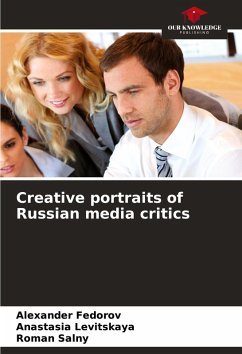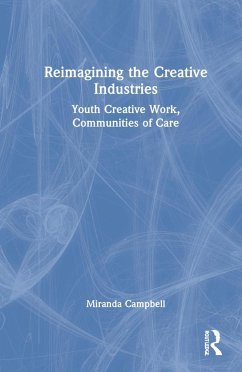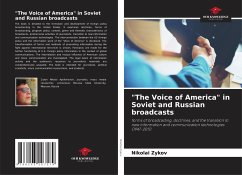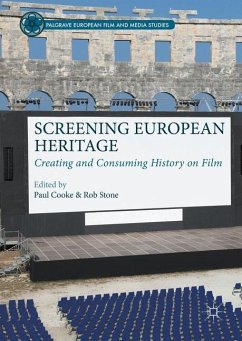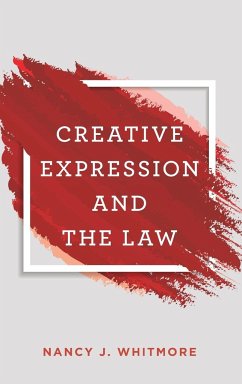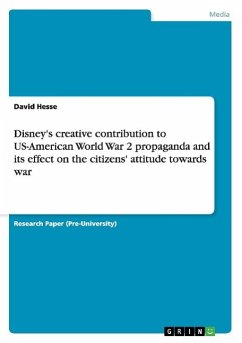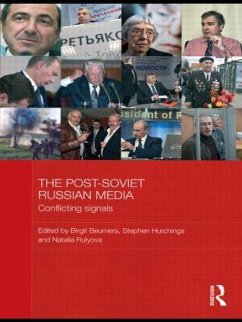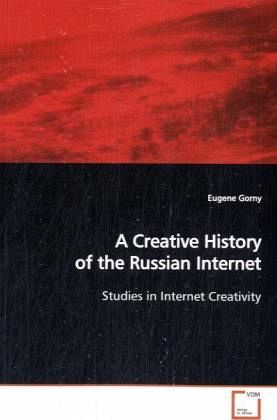
A Creative History of the Russian Internet
Studies in Internet Creativity
Versandkostenfrei!
Versandfertig in 6-10 Tagen
52,99 €
inkl. MwSt.

PAYBACK Punkte
26 °P sammeln!
Creativity theories have not been much used inInternet research. This study attempts to compensatefor this omission by applying concepts and methods ofcreativity research to the study of Internet culture.It seeks to discover the internal logic of thedevelopment of creative forms, to identify thefactors that account for change and to analyse therelationship between Internet creativity and widersociocultural contexts. The concept of Internetcreativity is applied to the study of the history ofthe Russian Internet. Case studies are devoted to thedevelopment of online media, an artistic genre, anon...
Creativity theories have not been much used in
Internet research. This study attempts to compensate
for this omission by applying concepts and methods of
creativity research to the study of Internet culture.
It seeks to discover the internal logic of the
development of creative forms, to identify the
factors that account for change and to analyse the
relationship between Internet creativity and wider
sociocultural contexts. The concept of Internet
creativity is applied to the study of the history of
the Russian Internet. Case studies are devoted to the
development of online media, an artistic genre, an
online community and a humorous web site. The
theoretical issues include the role of cultural
identity and social context as a shaping force of
Internet culture; motivation for creativity; user
contribution, collaboration and the interplay between
personal and collective creativity; the opposition
between the official and the non-official spheres;
issues of censorship and free speech. The study will
be useful to creativity theorists, Internet
producers, or anyone interested in contemporary
Russian culture.
Internet research. This study attempts to compensate
for this omission by applying concepts and methods of
creativity research to the study of Internet culture.
It seeks to discover the internal logic of the
development of creative forms, to identify the
factors that account for change and to analyse the
relationship between Internet creativity and wider
sociocultural contexts. The concept of Internet
creativity is applied to the study of the history of
the Russian Internet. Case studies are devoted to the
development of online media, an artistic genre, an
online community and a humorous web site. The
theoretical issues include the role of cultural
identity and social context as a shaping force of
Internet culture; motivation for creativity; user
contribution, collaboration and the interplay between
personal and collective creativity; the opposition
between the official and the non-official spheres;
issues of censorship and free speech. The study will
be useful to creativity theorists, Internet
producers, or anyone interested in contemporary
Russian culture.



